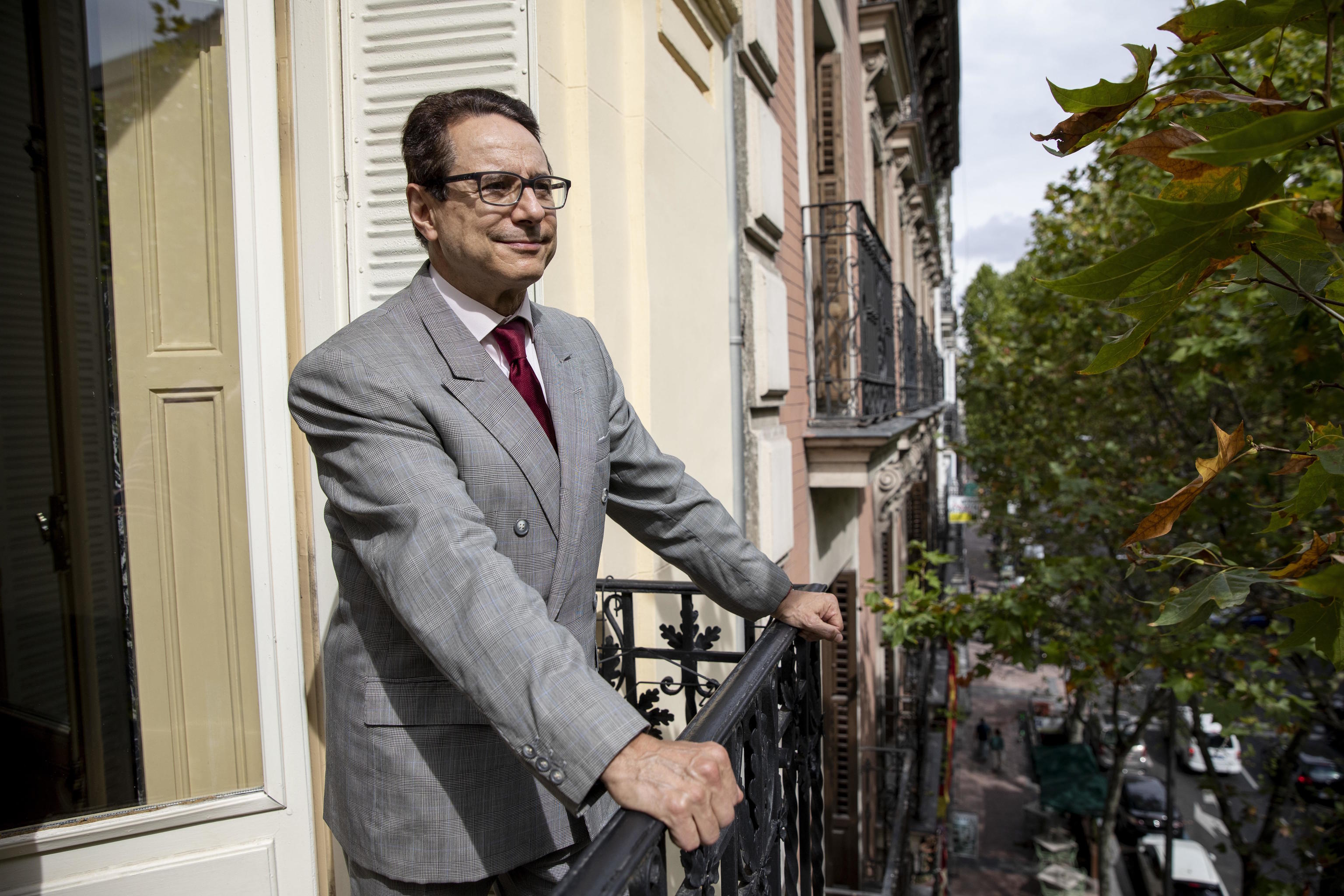"Early detection and the use of treatments in early stages change the course of breast cancer." Miguel Martín, Head of the Medical Oncology Department at Gregorio Marañón University Hospital in Madrid (Spain). This is important considering that the Spanish Society of Medical Oncology (SEOM) records more cases each year. Specifically, for 2024, 36,395 new patients are projected, almost 5% more than last year.
The use of ribociclib along with hormonal therapy represents an opportunity for women who relapse after surgery and pharmacological therapy, as it reduces the risk of relapse by 28.5%. Martín explains that it will benefit between 25-30% of patients diagnosed with HR-positive, HER2-negative luminal breast cancer in early stages, "even in stage IIIA". This is the most common subtype, representing almost 70% of all breast tumor cases. In Spain, this group would consist of about 25,000 women, with approximately 7,600 candidates.
Currently in our country, thanks to access through trials, 761 Spanish women have benefited from the new therapeutic combination (out of a total of 5,101) from 41 centers in 12 autonomous communities. This represents 15% of those recruited for the study globally, placing our country as the second with the most 'representation' after the United States, out of a group of 20. Martín, as the president of the Spanish Breast Cancer Research Group (Geicam), values the effort made by this scientific society to coordinate and conduct research in our country.
"Not all patients with tumors of this type are eligible to receive this combination," emphasizes the oncologist. Who would meet the ideal profile? The data are extracted from the Natalee study presented today at ESMO (European Society for Medical Oncology). "It would be necessary to carefully assess the risk these patients have," says Martín. He explains that these are patients "with positive lymph nodes or negative lymph nodes but at high risk due to various factors" of relapse in the long term.
Currently, with four-year data, a reduction in relapses has been observed in up to 5% of patients. "There is nothing more important in oncology than preventing relapses. That is, it is the most cost-effective and socially, occupationally useful... at all levels," emphasizes Martín. While he insists that, although the percentage may seem small, "it is not, because we are talking about a cure."
"This surpasses what has been achieved with many adjuvant drugs approved in the past," Martín asserts. Ribociclib is used as an adjunct therapy with endocrine therapy. The molecule is a CDK4/6 inhibitor, responsible for blocking the action of an abnormal protein that sends signals to tumor cells responsible for multiplication.
Luminal tumors are hormone-sensitive and currently, the treatment of choice is usually hormonal therapy, as indicated by Geicam (Spanish Breast Cancer Research Group). This neoplasm has subtypes that oncologists distinguish based on genetic information. This allows them to design a therapy tailored to each patient.
The timing of detection is also crucial: survival in stage I is over 98%, whereas in stage IV, survival drops to 24%, as noted by SEOM. Here, screenings and early diagnosis programs are important "to apply treatments to patients as soon as possible," Martín insists.
For the oncologist, it is good news that women with metastatic breast cancer "live longer with the chronic form of the tumor." But he does not forget that the goal is to intervene earlier, to cure more. "Palliating a metastatic disease is fine, and even more so when women increase survival with metastasis. However, at these stages, they are no longer curable."
Regarding side effects, "no major adverse events have been reported." "There is no drug added to the standard that does not increase toxicity," clarifies Martín. "That is inevitable." Among the most common side effects found in the Natalee study are neutropenia (decreased defenses: neutrophils, a type of white blood cells) and elevated transaminases. "The toxicity is manageable, and most patients complete the treatment within two or three years."
Currently, this indication of ribociclib is awaiting approval from regulatory agencies in the US (FDA) and Europe (EMA). Martín fears that it will be like with other innovative therapies that reach the pharmacy, and their approval may be delayed. "Spain has significant delays, which is unfortunate for patients." Additionally, he argues that there should be a fast-track formula that prioritizes "the arrival of drugs that are curative."
The current indication of Kisqali in Europe, which is the commercial response to Novartis' molecule ribociclib, is aimed at women with locally advanced or metastatic breast cancer with hormone receptor (HR)-positive, human epidermal growth factor receptor 2 (HER2)-negative, in combination with an aromatase inhibitor or fulvestrant as initial hormonal treatment, or in women who have received previous hormonal treatment. In pre- or perimenopausal women, hormonal treatment should be combined with a luteinizing hormone-releasing hormone (LHRH) agonist, as indicated by the European Medicines Agency (EMA) technical sheet.
